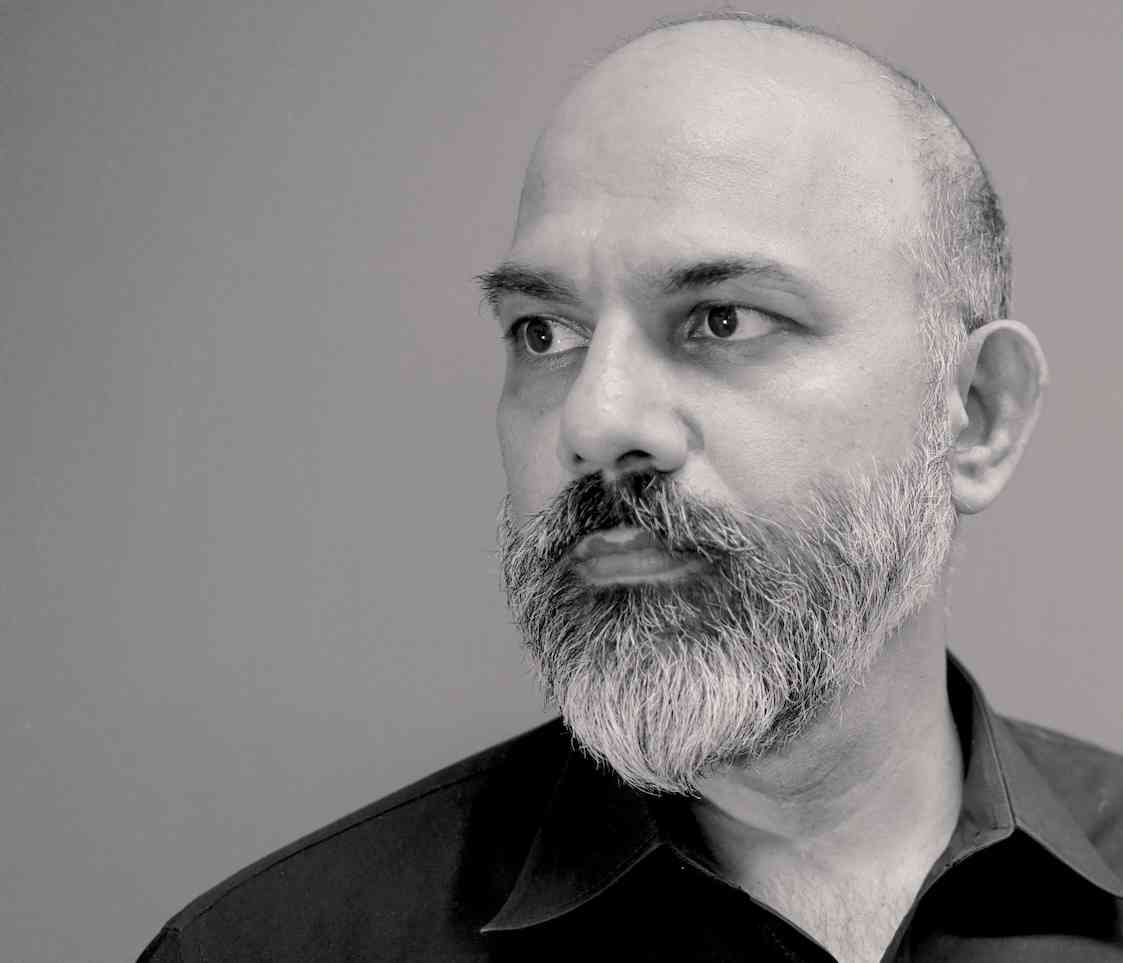To download the episode, subscribe to us in the iTunes store, Spotify Podcasts, and Google Play.
In this episode, Ali interviews Dr. Manan Ahmed Asif, an Associate Professor in Columbia University’s History department, about his book, The Loss of Hindustan, the Invention of India (Harvard University Press, 2020).
Before nationalism—before even the European colonization of South Asia—the term Hindustan signified a regional identity that spanned the length of modern Pakistan, India, and Bangladesh. It referred both to a geography with shifting and porous boundaries as well as to a shared physical and mental space inhabited by peoples with overlapping literatures, music, food, and even dress.
To approach Hindustan, Dr. Ahmed Asif focuses on the writings of the 17th century historian Firishta, who lived in the Deccan region of what is now South India. Firishta’s history is unique because, unlike many premodern histories, it focuses on Hindustan itself as a subject, not a particular family or lineage. To do this, he drew not only from Arabic and Persian sources, but also from texts like the Sanskrit epic Mahabharata, melding approaches in a way that reveals a comfort with contradiction and multiplicity. It was this multiplicity, not only of place, but religion, ethnicity, genre, and language, that defined Hindustan.
The afterlife of Firishta’s work is equally telling. It was rendered into English multiple times in the 18th and 19th centuries for the British East India Company, providing them not only a means of approach to the histories, kingdoms, and religions of Hindustan, but also a bibliography of its major sources. In turn, once rendered into English, it inspired the theorizations of history that came to define European modernity, such as those of Kant, Hegel, and even Gibbon. Yet that same colonial enterprise mined Firishta’s work for its own ends until, by the 20th century, his history was considered derivative in relation to older sources, and thus, largely forgotten. Dr. Ahmed Asif concludes with his reflections on the ethics of history and its repercussions for the type of future that we can imagine.
Guest:
 Manan Ahmed Asif
Manan Ahmed Asif
Manan Ahmed is an Associate Professor of History at Columbia University. He specializes in intellectual history in South and Southeast Asia, critical philosophy of history, and colonial and anti-colonial thought. His first book, A Book of Conquest: Chachnama and Muslim Origins in South Asia, was published by Harvard University Press in 2016. His second and most recent work, The Loss of Hindustan, the Invention of India, was published by Harvard University Press in 2020. He is one of the lead faculty in two major international research projects: “Decolonization, the Disciplines and the University” (2019-2023) funded by the Mellon Foundation and “Muslims in India” (2020-2023) funded by the Luce Foundation. He is also the founder of Chapati Mystery.
Hosts:
 Ali Karjoo-Ravary
Ali Karjoo-Ravary
Ajam Editor. Josephine H. Detmer & Zareen Taj Mirza Assistant Professor of Islamic Studies at Bucknell University.
Ali (@alikarjooravary) on Twitter
Credits
Episode No. 35
Release Date: 8 March 2021
Recording Location: Remote
Recording Date: 5 January 2021
Produced by Rustin Zarkar, Lindsey Stephenson, Ali Karjoo-Ravary
Audio editing: Lindsey Stephenson and Nicholas Gunty
Music: 01 The Twin – FT 17305 – Yusuf Azad Qawal & Party [ A ] Mere Khwaja Ko Mohabbat Agayi
32 Nizam Record – ZB 113 G – Master Kallan Khan & Party [ A ] Woh Jab Naam-i Khuda Didaar ka Ailaan Dedengey
Cover Image: “Hanging depicting a European conflict in South India” Metropolitan Museum of Art 2014.88










